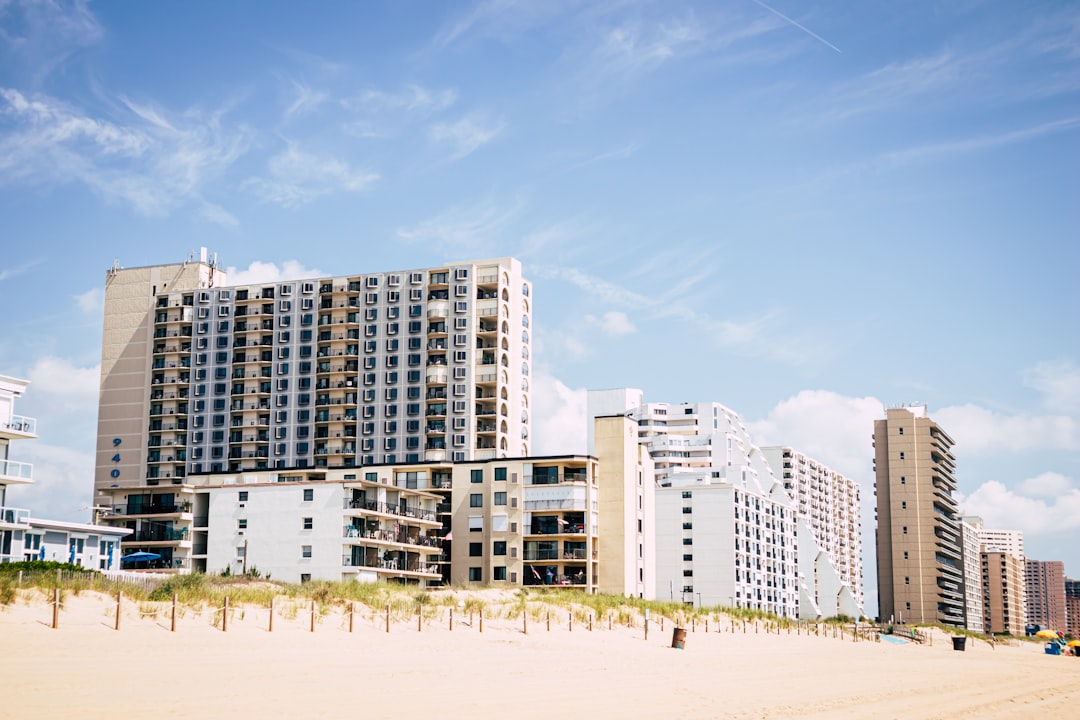Maryland's youth outdoor education programs offer valuable learning but face inherent risks, notably sexual abuse, with high reported rates among young people aged 10-24. To mitigate these dangers, sexual assault lawyers in Maryland stress the urgency of comprehensive prevention strategies including robust policies, staff training on consent and boundaries, open dialogue, age-appropriate education, and collaboration with legal experts and support organizations. These integrated efforts create a safer environment that promotes personal growth while preventing sexual abuse.
“In Maryland, youth outdoor education programs offer a unique setting for growth and exploration, yet they are not immune to the pressing issue of sexual abuse. This article delves into the critical topic of preventing and addressing sexual abuse within these environments. We explore the scope of the problem in Maryland’s outdoor settings, dissect effective prevention strategies, and emphasize the vital role of legal experts and support services for victims. By understanding these key aspects, we can foster safer spaces for Maryland’s youth.”
Understanding the Scope of Youth Sexual Abuse in Maryland Outdoor Settings

In Maryland, youth outdoor education programs offer a unique environment for learning and growth, but they also come with inherent risks, one of which is sexual abuse. According to recent statistics, Maryland has some of the highest rates of reported sexual assault in the country, particularly among young people aged 10-24. This stark reality underscores the urgent need for comprehensive prevention strategies within outdoor education settings.
Understanding the scope of the issue requires recognizing that youth, especially those participating in outdoor activities, can be vulnerable to various forms of sexual misconduct, including harassment, assault, and exploitation. Sexual assault lawyers in Maryland highlight the importance of proactive measures to protect young individuals during field trips, camping excursions, and other outdoor programs. By implementing robust policies, providing thorough training for staff, and fostering an open dialogue about consent and boundaries, these programs can create a safer environment for all participants.
Strategies for Implementing Comprehensive Prevention Programs

Implementing comprehensive sexual abuse prevention programs in Maryland’s youth outdoor education settings requires a multi-faceted approach. Strategies should include age-appropriate education, empowering young participants with knowledge about consent, personal boundaries, and how to recognize and report inappropriate behavior. Regular training sessions for staff and facilitators are essential to ensure they can identify potential risks, respond effectively, and create a safe environment.
Additionally, fostering open communication channels allows attendees to feel comfortable discussing sensitive topics. Incorporating real-life scenarios and interactive activities can make the learning experience engaging and memorable. Collaborating with local sexual assault lawyers and support organizations can provide valuable insights into legal protections, reporting procedures, and post-incident care, thereby enhancing the program’s effectiveness in prevention and support.
The Role of Legal Experts and Support Services for Victims in Outdoor Education Environments

In outdoor education programs, especially those catering to youth in Maryland, the presence of legal experts and support services for victims is paramount. These professionals play a crucial role in ensuring that participants’ safety and well-being are prioritized while mitigating potential risks, including sexual assault. Legal advisors can provide guidance on existing laws and policies related to consent, privacy, and protection against harassment, empowering both staff and students with the knowledge to recognize and report any unethical behavior.
Support services, often offered by sexual assault lawyers in Maryland or specialized organizations, are vital for victims who may experience trauma in such environments. These services include confidential counseling, legal advocacy, and mediation, enabling affected individuals to navigate their experiences while accessing justice and healing. By integrating these resources into outdoor education programs, Maryland can foster a safer, more supportive ecosystem for young people, promoting both personal growth and the prevention of sexual abuse.


